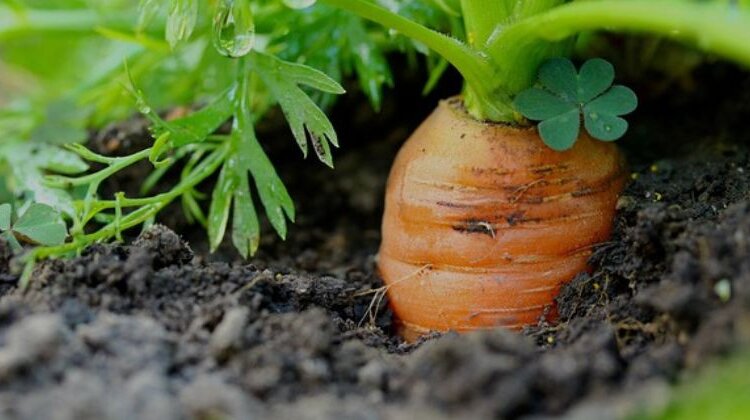
Organic pest control plays an essential role in sustainable agriculture by providing environmentally friendly solutions that safeguard both our crops and our health. This blog post explores organic strategies for controlling pests, particularly tailored for winter crops.
What is the Organic Approach to Pest Control?
Organic pest control involves methods that do not include synthetic chemicals. Instead, it focuses on natural balances, utilizing physical, biological, and cultural strategies to manage pest populations. This approach not only minimizes harmful impacts on the environment but also preserves local biodiversity and promotes healthier soil and plants. Adopting organic methods helps ensure that the food grown is safe for consumption and beneficial for the ecosystem.
How Do Organic Farmers Control Pests and Diseases in Their Vegetable Crops?
Organic farmers employ an Integrated Pest Management (IPM) approach that includes a variety of strategies:
- Cultural controls: Techniques such as crop rotation and intercropping disrupt the lifecycle of pests and reduce their impact. For instance, rotating a legume crop with a leafy vegetable can help break the cycle of soil-borne diseases and pests.
- Physical controls: This includes methods like using row covers to protect plants from insects, or setting traps and barriers to physically prevent pests from reaching the plants.
- Biological controls: Introducing or encouraging natural predators of pests in your garden, such as ladybugs for aphid control, can help manage pest populations naturally. Organic farmers also use microbial pesticides that contain natural bacteria or fungi to combat pests without harming other beneficial organisms.
How Can Organic Farming Prevent Pests?
Prevention is a key aspect of organic pest control. Here’s how it can be achieved:
- Soil health: Healthy soil is the foundation of a productive garden. Incorporating organic matter, maintaining soil pH, and using natural compost can significantly boost plant health and resistance to pests.
- Plant selection: Choosing plant varieties that are known to be resistant to certain pests and diseases is crucial. Resistant varieties act as a first line of defense against potential infestations.
- Monitoring and early detection: Regularly inspecting your garden allows you to detect and address potential pest issues before they become severe. This can be as simple as checking under leaves or examining plant health changes, which can indicate pest activity.
Specific Strategies for Pest Prevention in Northern Florida Zone 9B
For gardeners in Northern Florida, winter crops like kale, carrots, and broccoli can benefit greatly from organic pest control methods. Here are some specific strategies:
- Mulching: Using organic mulches not only helps retain soil moisture and regulate temperature but also can deter some pests.
- Timing of planting: Adjusting planting times can avoid peak pest populations. For example, late planting of carrots can avoid the first generation of carrot fly.
- Use of organic sprays: Neem oil and other organic-approved sprays can be effective when used as part of a broader pest management strategy. These products should be applied in the early morning or late evening to minimize the impact on beneficial insects.
Adopting organic pest control strategies offers a sustainable path to managing winter crop pests. By understanding and implementing these practices, gardeners and farmers can enjoy bountiful harvests that are both productive and environmentally friendly.
Have you tried any of these organic pest control methods in your garden? Share your experiences or ask questions in the comments below. For more insights and updates on organic gardening, consider following our blog.


Leave a Reply